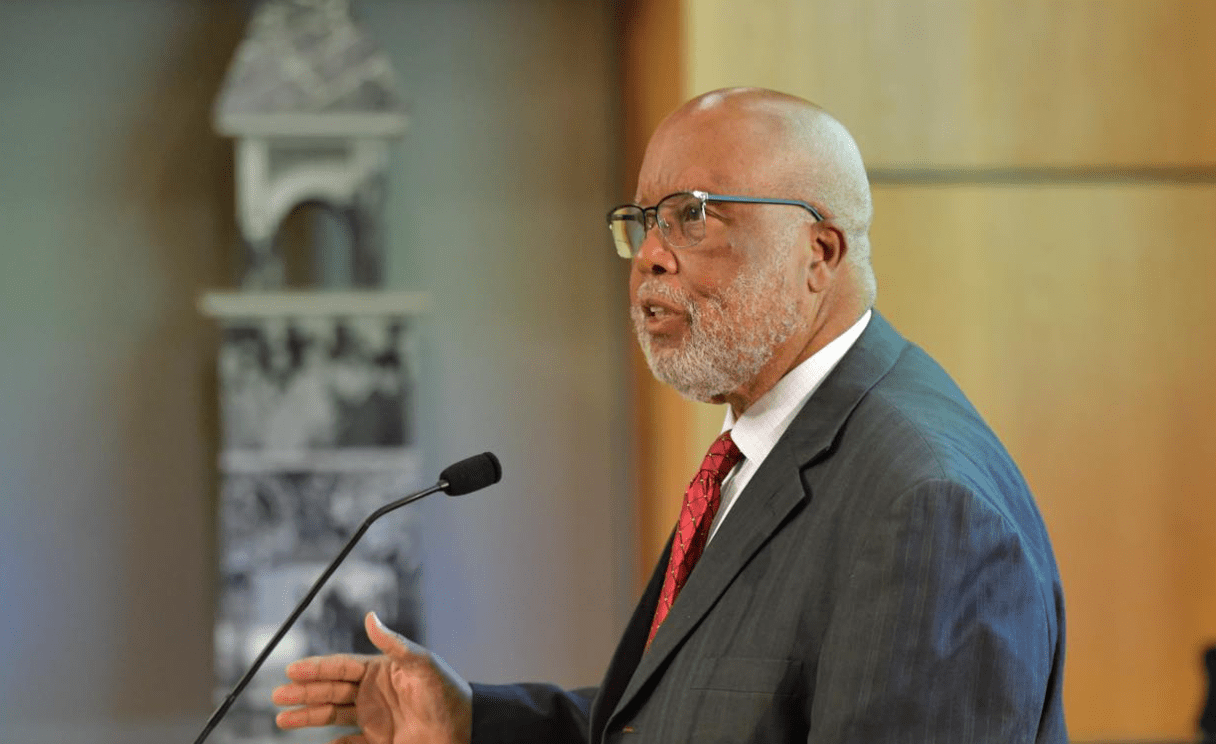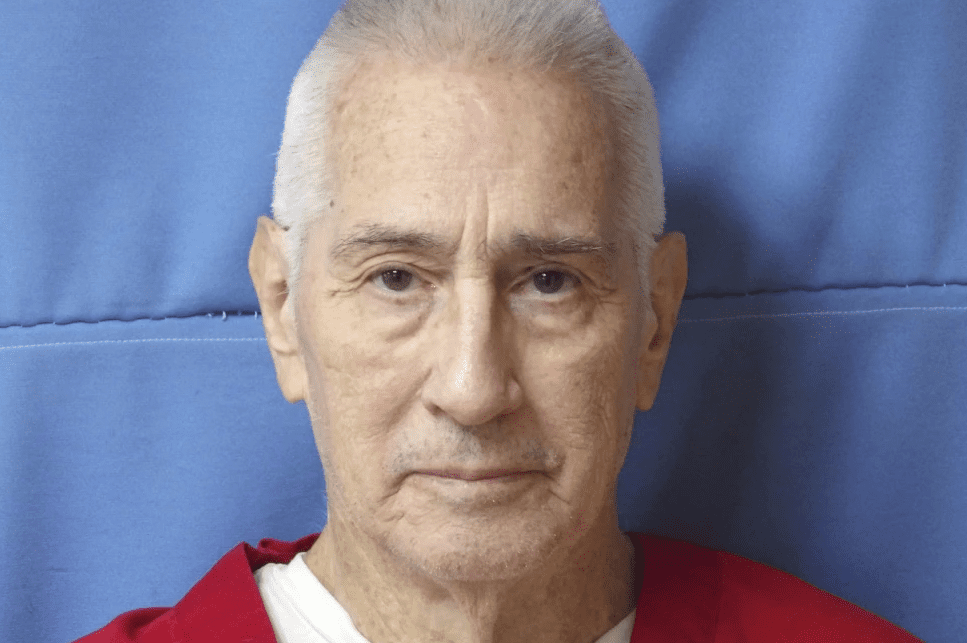
Bell was originally scheduled to be released on parole in September but the Board reconsidered after procedural issues forced a new hearing.
Last month, lawmakers and the public, along with the family of the victim involved, were outraged to learn that the Mississippi Parole Board had granted parole to Frederick Bell, a convicted murderer.
READ MORE: Lawmakers outraged by MS Parole Board’s decision to grant parole to double murderer
However, after it was found that proper procedures related to notice were not followed, the Parole Board held another hearing on the matter.
Today, the Parole Board denied Bell’s parole, failing to reach the four vote threshold required. He will be eligible for consideration again in two years.
Bell was convicted in the Circuit Court of Grenada County of capital murder and sentenced to death in 1993. On direct appeal, the Mississippi Supreme Court affirmed the conviction and sentence. However, Bell was later declared mentally retarded and, therefore, his death sentence was ruled as unconstitutional.
The Circuit Court then resentenced Bell to life without parole, but Bell appealed again, this time arguing that MS Code Section 99-19-107 did not apply to his case. After review, the Mississippi Supreme Court agreed and vacated Bell’s sentence and remanded it for resentencing.
State Senator Angela Hill told Y’all Politics on Wednesday that she believes the Parole Board “absolutely made the right decision in denying parole of two time convicted murderer” Bell.
“It’s a good day for the victim’s family. I just hate they have to go back and plead their case again in two years,” Hill said. “Gene Bell is my hero for fighting for justice for his brother Bert whose innocent life was cut short by this violent criminal.”
The victim and the murderer are not related.
Senator Hill went on to say that it is a shame those concerned with Bell’s release had to go to the public with this case to get all the facts flushed out, “but it was the right thing to do.”
Hill went on to say that a number of lawmakers are researching the case and considering ways to address issues dealing with such paroles.
“Several of us are looking deeply at how a miscarriage of justice almost happened on September 26 when he was originally scheduled to be released,” Hill said. “Accurate Record keeping by MDOC in these matters is imperative. And the fact that many law enforcement agencies aren’t reporting crimes into the NIBRS system is also a grave concern. That’s another way repeat violent offenders remain on the street. The record that shows up when someone is arrested isn’t the real picture in too many instances.”
THE CRIME BELL IS CONVICTED OF COMMITTING IN MISSISSIPPI
According to court records:
On May 6, 1991, Robert C. “Bert” Bell was working as a store clerk at Sparks Stop-and-Go in Grenada County. That day Frederick Bell accompanied by Anthony Joe Doss, Robert Kennedy James, and Frank Coffey purchased beer and potato chips from Bert. The two Bells are not related.
The four exited the store, sat at a nearby picnic table and talked. Planning to go to Memphis, Bell said that he needed money. Bell announced that he was going to rob the store and showed the group a .22 caliber pistol. Doss also had in his possession a gun, which turned out to be inoperable. Refusing to take part, James and Coffey departed the premises as the other two went back into the store. Minutes later, James and Coffey heard hollering accompanied by gunshots. When Bell and Doss caught up with the other two, they showed them items they had taken from the store, including a money bag, .38 caliber pistol and a box of bullets. Because he did not want any witnesses, Bell then threatened to kill James. Coffey and Doss stepped in to prevent this. Both James and Coffey testified that Bell said he shot Bert.
Later that day, Bernard Gladney drove Bell, Doss, and Coffey to Memphis. On the way, Bell again stated that he wanted to kill James to prevent him from telling anyone about the murder.
Eventually, Bell was arrested in Memphis on another crime. Two guns were found in the house where he was arrested, a third was found in Gladney’s vehicle. Leland H. Jones, III, represented Bell during both the trial and the direct appeal. During the trial, there was no direct testimony regarding what actually occurred inside the store. Bell maintained that he was in Memphis the day of the murder.
However, there were no witnesses to corroborate his alibi. Both James’s sister and Coffey’s girlfriend testified that they saw Bell with Coffey, Doss and James the day of the murder.
The store owner, James Shelby Sparks, testified that a .38 caliber pistol (which was later recovered during Bell’s arrest), a box of shells, and a money bag were taken from the store during the robbery. An autopsy revealed that Bert was shot several times. Ballistics tests showed that Bert was shot with the .38 and a smaller caliber gun, likely a .22 caliber.











